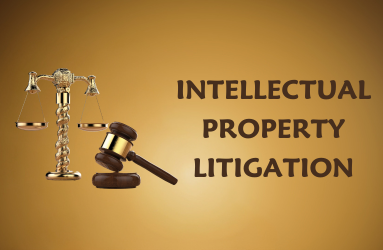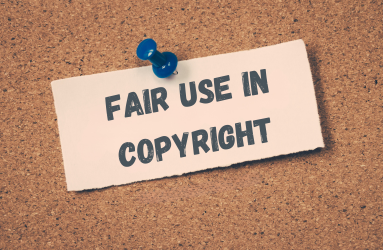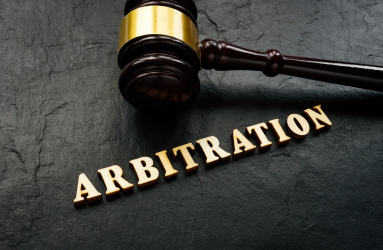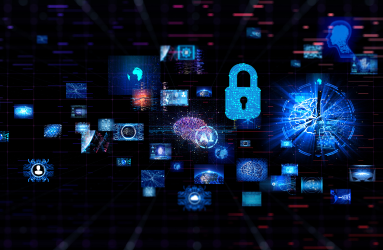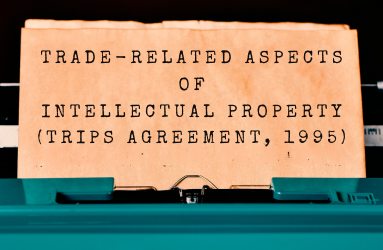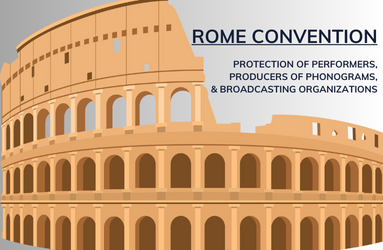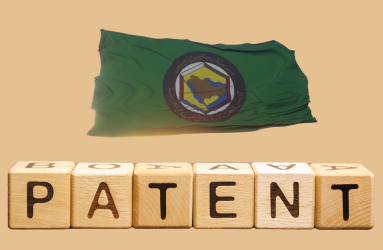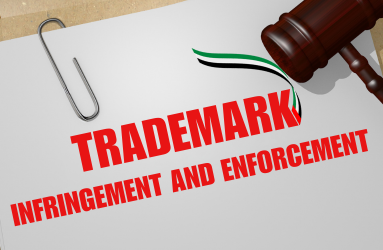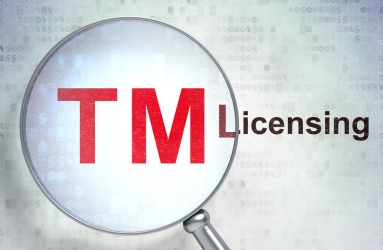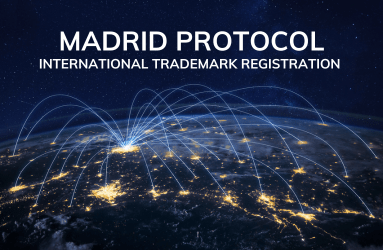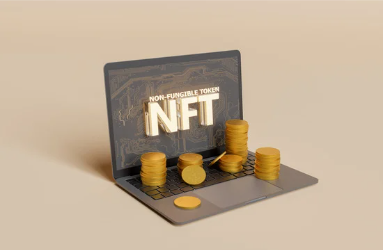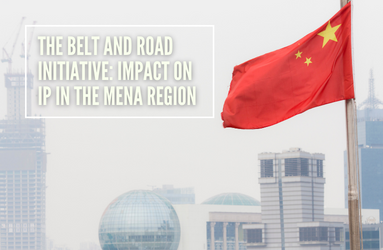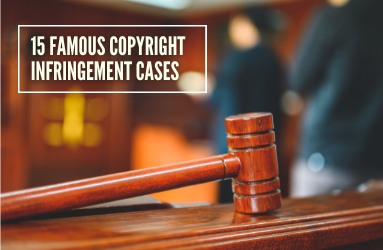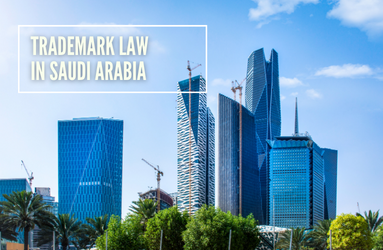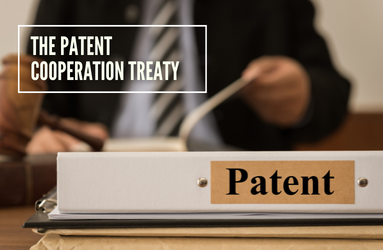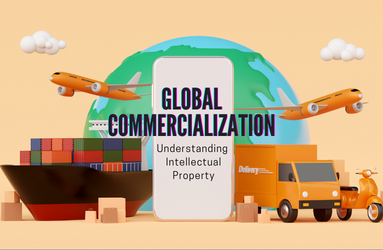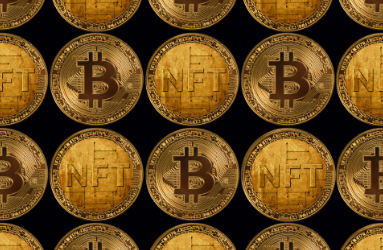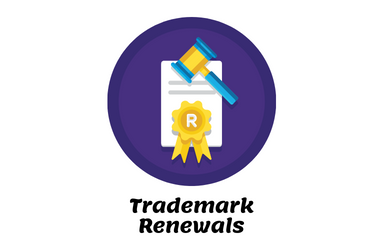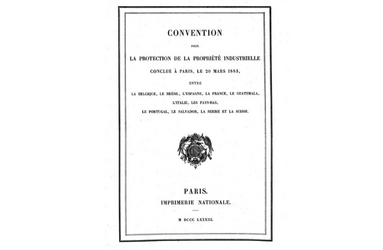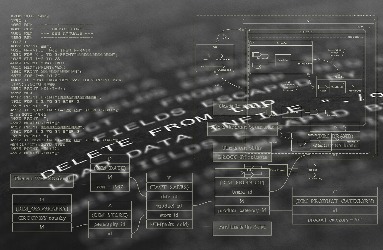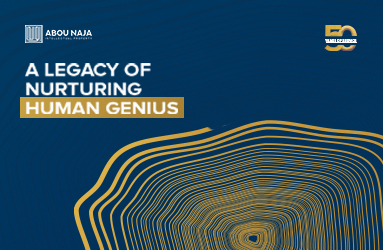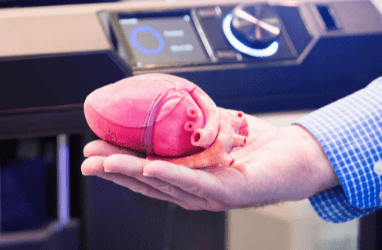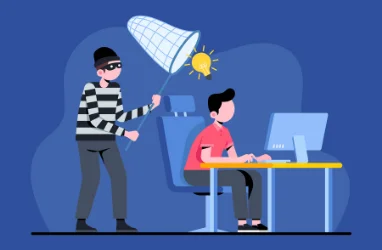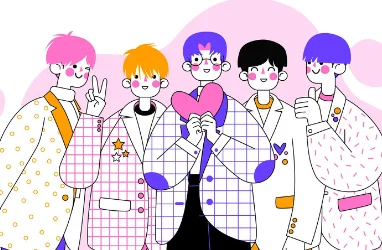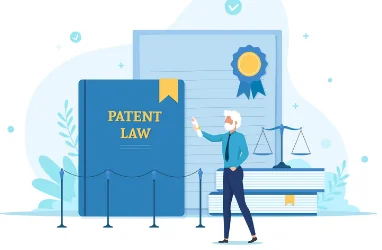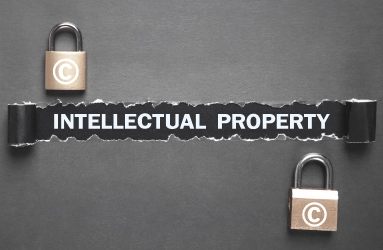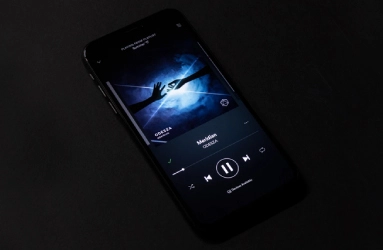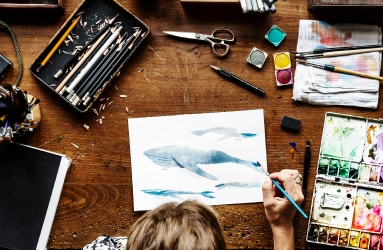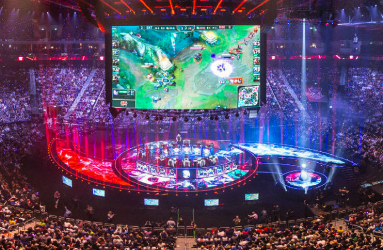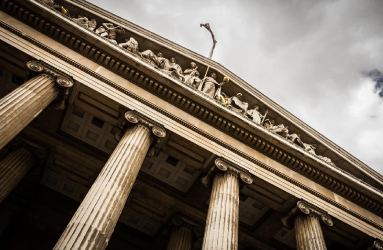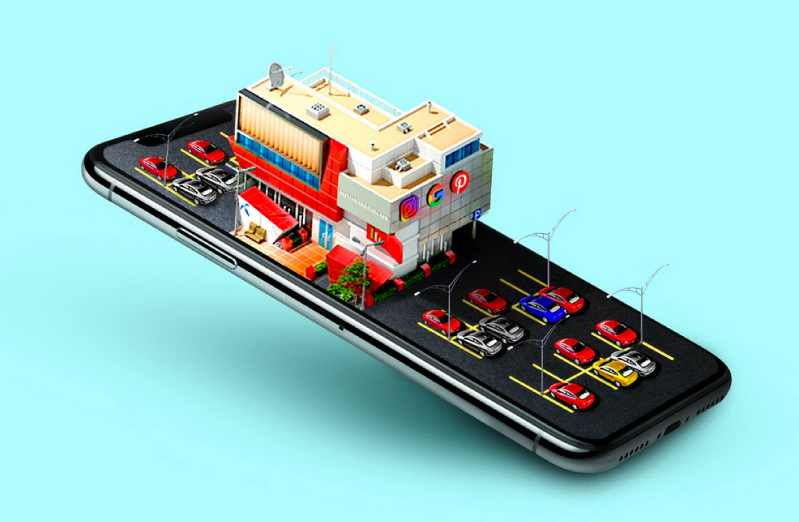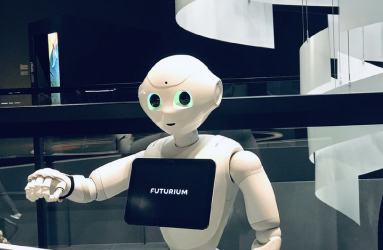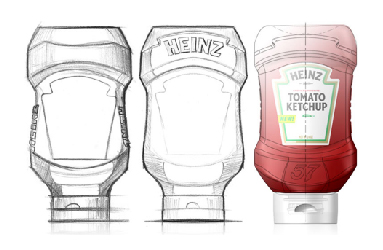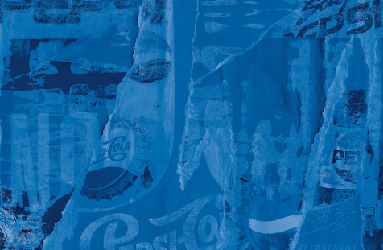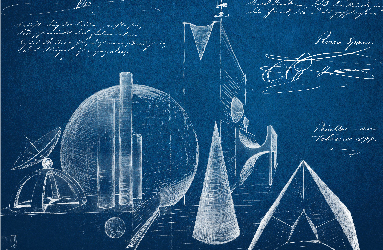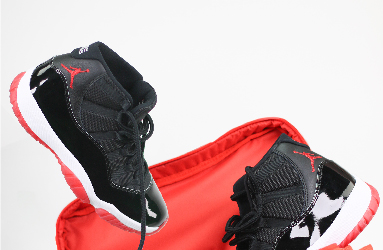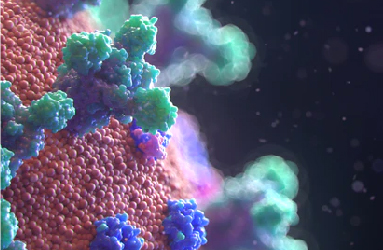Metaverse Development: Impacts and Implications on Intellectual Property
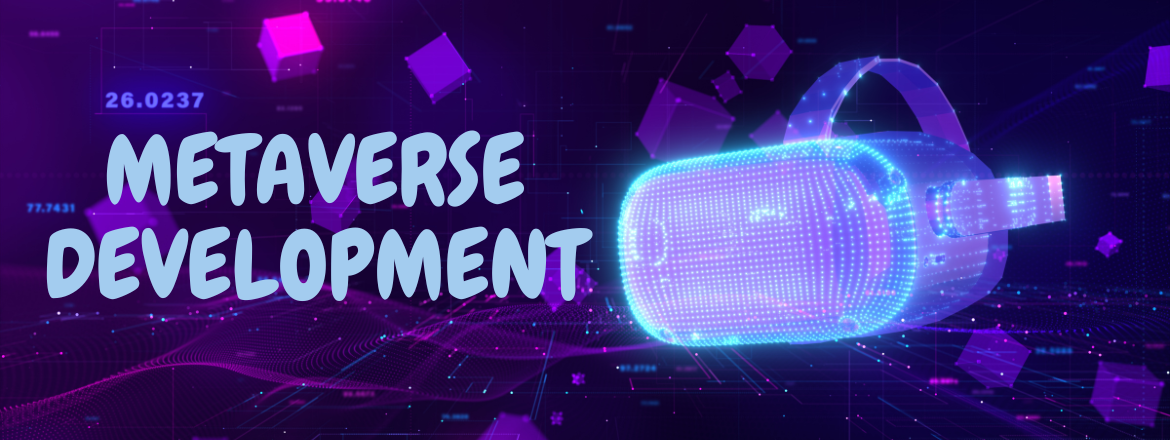
As you enter this promising yet uncertain new frontier of the metaverse, you must carefully consider how its development will impact intellectual property rights and protections. With novel technologies come novel challenges, requiring diligent foresight to safeguard innovations. Tread cautiously, as the foundations you establish now in the metaverse will shape the landscape for years to come. Consider deeply the implications of your choices, the precedents you set, and the responsibilities you hold to equitably govern virtual spaces. The decisions you make today will reverberate through the metaverse, defining the balance between creativity and control in this emerging virtual world. You have a rare opportunity to thoughtfully shape the future; exercise it judiciously.
What Is the Metaverse and How Does It Work?
The metaverse refers to a shared virtual space that connects virtual worlds, augmented reality, and the physical world. In the metaverse, users interact with each other as avatars in a computer-generated environment.
Creation and Customization
Users can create customized avatars to represent themselves in the metaverse. They can personalize attributes like an avatar's appearance, clothing, accessories, and surroundings. By investing time and money into their avatars and virtual lives, users develop a sense of ownership and belonging in these digital spaces.
Interoperability
A key feature of the metaverse is interoperability between virtual worlds and platforms. Avatars and assets should be transportable across different virtual spaces. This allows users to move freely between virtual worlds, maintaining a persistent identity and ownership of goods. Interoperability poses challenges around standardization and intellectual property concerns which must be addressed as the metaverse continues to develop.
Challenges for IP Rights Owners in the Metaverse
IP owners will face difficulties protecting their intellectual property within the metaverse. Virtual worlds enable anonymity and pseudonymity, making it difficult to identify infringers. Copyrighted works and brands can be easily copied, modified, and distributed in virtual worlds. Regulating user-generated content and virtual goods will require balancing IP rights with user creativity.
Territoriality of IP rights
The metaverse transcends physical borders, jeopardizing the territorial nature of IP rights. Establishing which country's laws apply to infringements occurring in virtual spaces accessed globally will be complex. International cooperation and treaties may be needed to harmonize IP protection across borders in virtual worlds.
New forms of IP
Virtual goods, avatars, virtual real estate, and cryptocurrencies are emerging forms of intangible property in virtual worlds. However, they do not fit neatly within existing IP categories like copyrights, trademarks, and patents. New sui generis IP rights may need to be developed to protect these virtual assets. Defining ownership and usage rights for virtual property between platforms, users and third parties will be crucial yet challenging.
The development of the metaverse will significantly impact how intellectual property is created, owned, protected, and monetized. Balancing the interests of IP owners, platforms and users will require open discussions and innovative policymaking in the coming years. With prudent management, the metaverse can become an engine for creativity and economic growth.
Protecting Brands and Trademarks in the Metaverse
As companies begin to establish a presence in the metaverse, protecting their intellectual property will be crucial. Brands should register:
Trademarks
Trademark registration is necessary for names, logos, and other distinctive brand elements in the metaverse to prevent infringement and enforce their rights. They must also monitor metaverse platforms for unauthorized use of their marks and act against infringers to avoid weakening their rights.
Copyrights
Original creative works like avatars, virtual goods, and other digital assets should be registered for copyright protection. Copyrights protect expression, not ideas, so brands must be careful to not copy others’ protected expression.
Patents
While more difficult to obtain, patents can protect innovative tools, technologies, and methods in the metaverse. However, the metaverse is an emerging field, so the patentability of certain inventions is still uncertain.
Overall, as the metaverse continues to develop, intellectual property law will need to adapt to properly protect brands and encourage innovation. Companies should work with legal counsel versed in this area to craft comprehensive IP strategies for the metaverse.

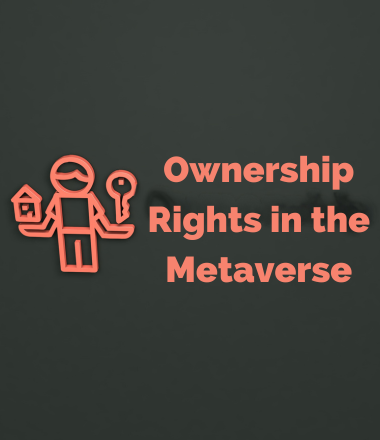
Copyright Issues with User-Generated Content in the Metaverse
As users generate and share more content within virtual environments, questions around ownership and usage rights are arising. Users may upload digital assets like images, videos, audio files, and 3D models into the metaverse. However, it is unclear if users retain copyright or if platforms gain certain rights over user-generated content.
Platforms will need to establish terms of service that specify copyright ownership and set permissions for how user content may be used. If platforms claim broad rights to use content in any way, this may discourage users from sharing creative works or reduce the incentive for high-quality contributions. However, if copyright remains entirely with users, it may be difficult for platforms to operate or prevent unauthorized use of content by other users. Resolving this tension and creating a fair model for governing intellectual property in virtual worlds will be crucial for metaverse development. Overall, finding the right balance between user and platform rights will shape how open and collaborative virtual environments can be.
NFTs and Ownership Rights in the Metaverse
Non-fungible tokens (NFTs) represent a new form of digital ownership and scarcity that is critical to developing the metaverse. NFTs provide a way to establish provenance and authenticate ownership of digital assets. Currently, NFTs are being used to represent ownership of collectibles, gaming assets, and virtual real estate in blockchain-based virtual worlds.
As the metaverse develops, NFTs are likely to become increasingly important in establishing ownership rights over digital assets, avatars, virtual goods, and user-generated content. However, there are open questions around how traditional intellectual property laws apply to digital assets in virtual worlds and whether new laws are needed to clarify ownership rights in virtual spaces. Resolving these issues will be crucial to enabling open collaboration and commerce in the metaverse.
Conclusion
In conclusion, the development of the metaverse will significantly impact intellectual property rights and protections. As the digital and physical worlds converge, new challenges will emerge regarding establishing ownership and control of creative works. Current intellectual property laws may need to be revised to account for virtual goods and experiences. Rights holders will need to be proactive in protecting their IP in virtual spaces. At the same time, over-regulation could stifle innovation. Policymakers, companies, and individuals must work together to strike a balance between openness and oversight. The metaverse offers promising new avenues for creativity and connection, but responsible development is key to realizing its potential. With open dialog and shared principles of ethics and fairness, the metaverse can evolve into a space that respects both property and possibility.
Ready to navigate the evolving landscape of intellectual property in the metaverse? Let Abounaja Intellectual Property guide you through it. Contact us at connect@abounaja.com to protect your innovations and ensure your rights are safeguarded.




